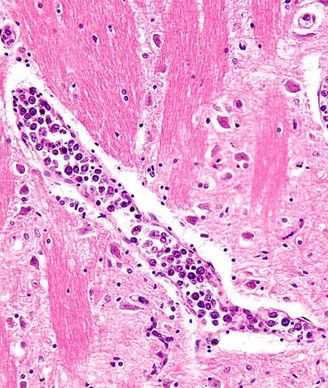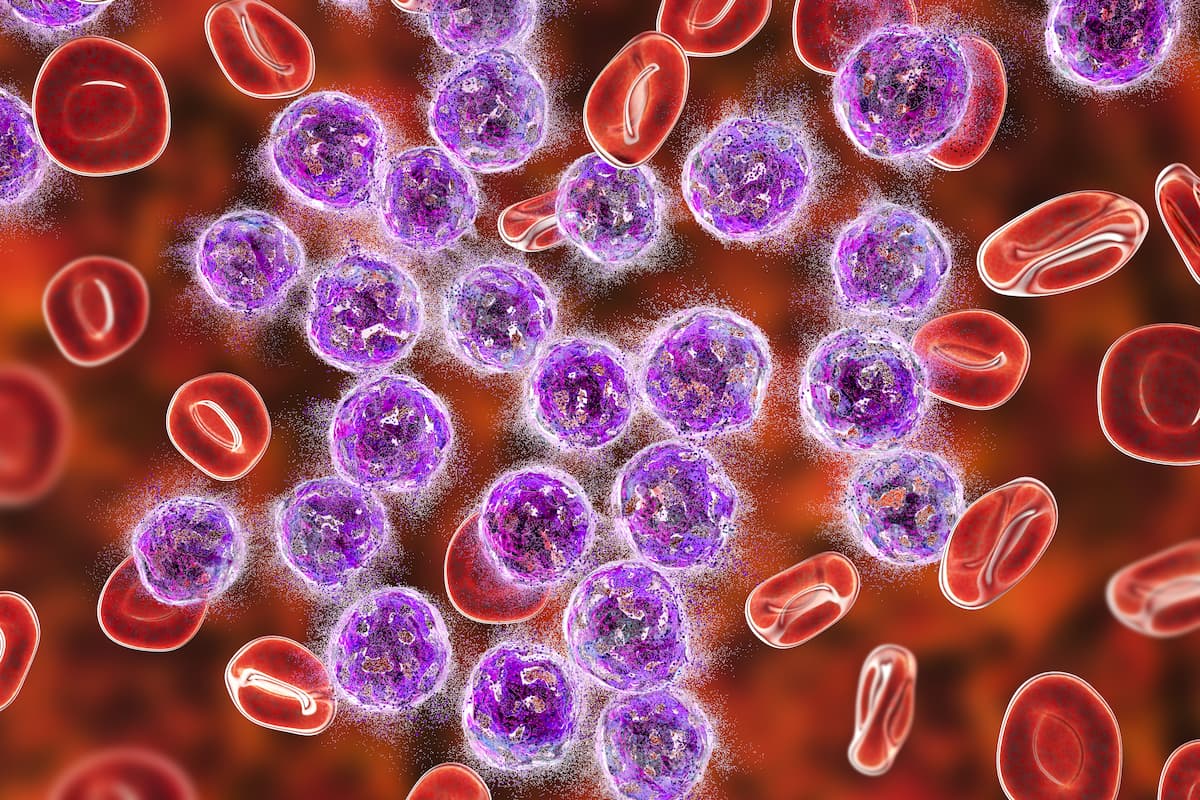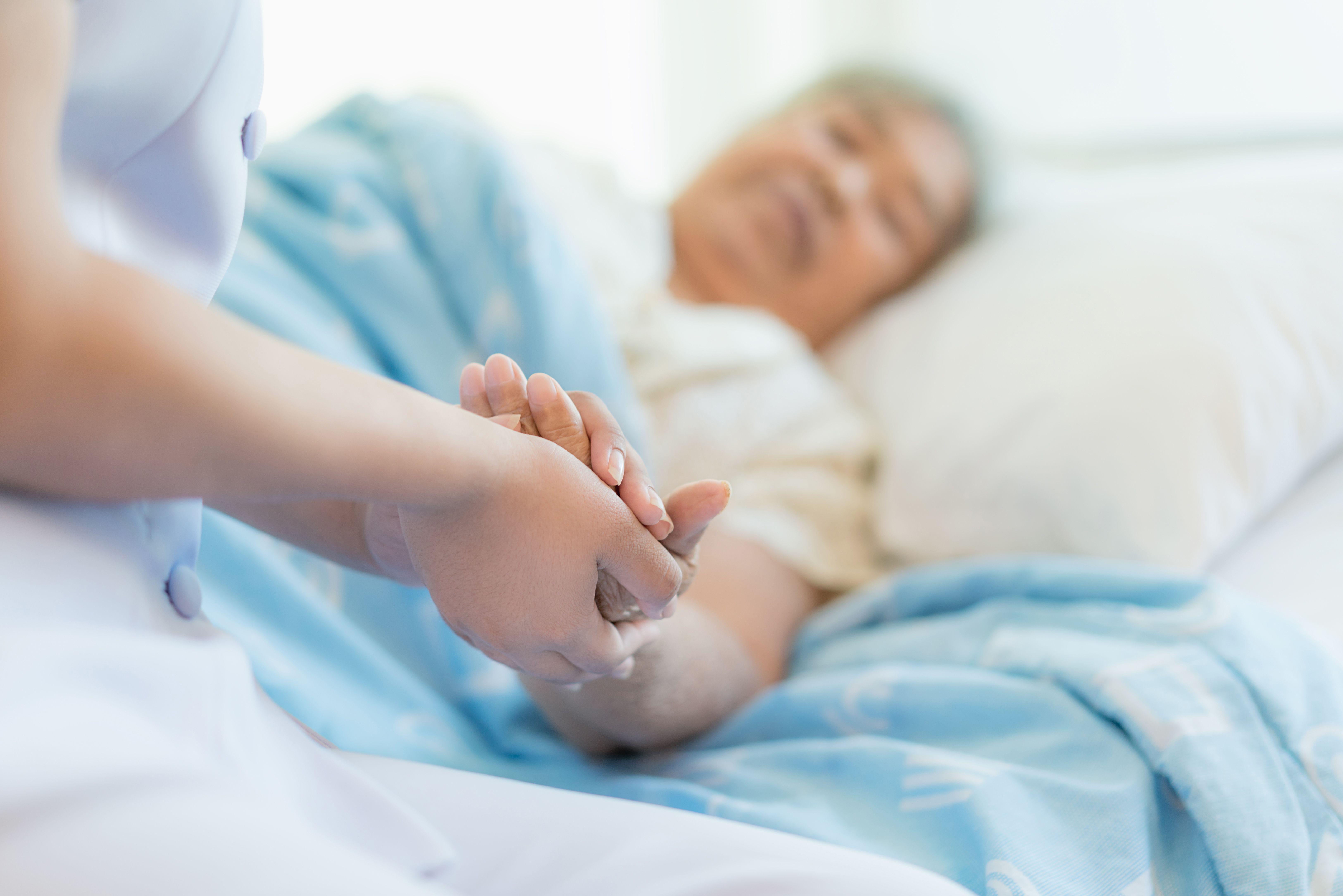
%20May%20Benefit%20From%20Venetoclax%3ASelinexor%20Combo.jpg?fit=crop&auto=format)
A population of patients with multiple myeloma describes experiencing challenges including confusion regarding the complexities of their diagnoses and managing chronic treatment-related adverse effects in a qualitative study.

Several discrepancies in care must be considered to properly address psychological needs in patients with lymphoma, including patient/doctor communication, information provision, and applying distress guidelines.
.jpg?fit=crop&auto=format)
An expert from the Georgia Cancer Center underscores the need to proactively address socioeconomic challenges in survivors of hematologic cancer.

Findings from a randomized trial indicate that therapeutic education plus physical activity are safe, feasible, and potentially effective for patients with hematologic cancer.

An expert from Augusta University says cancer care should extend beyond treatment and highlights why unmet social needs should be a consideration for survivors of hematologic cancer, especially those with a lower socioeconomic status or who are of a racial or ethnic minority.

It is important to tap into interventions that can mitigate a fear of cancer recurrence in the partners of multiple myeloma survivors in addition to improving family hardiness and social support in order to aid in patients' psychological adjustment and wellbeing.

A retrospective study did not find any associations between survival of older patients with multiple myeloma and pre-diagnosis depressive symptoms and mental health-related quality of life.

Depression and anxiety notably impact how patients with hematologic malignancies view clinical studies.

The survey highlighted the need for further research into the specific effects of ITP in individual patients so that these findings can be better integrated into the management of this patient population.

According to researchers, this study suggests “that the improvements in QOL and mood experienced by caregivers assigned to BMT-CARE are, in part, explained by an acquisition of effective coping skills and confidence in their ability to provide care for their loved one.”

This study indicated that caregivers saw improved quality of life, reduced caregiving burden, lower anxiety and depression symptoms, and improved self-efficacy and coping skills having received psychosocial intervention.

